Conceived and produced by Thorsten A. Kasper, Stephan Klee, Dr. Almut Hüfler
Opening hours
Wed – Sat 12 – 6 pm
Free entrance
Location
Kunstverein Meissen
Burgstrasse 2
01662 Meißen
This project is produced by frontviews and hosted by Kunstverein Meissen – Thank you so much ! – It´s also made possible with the initiative of the whole collective.
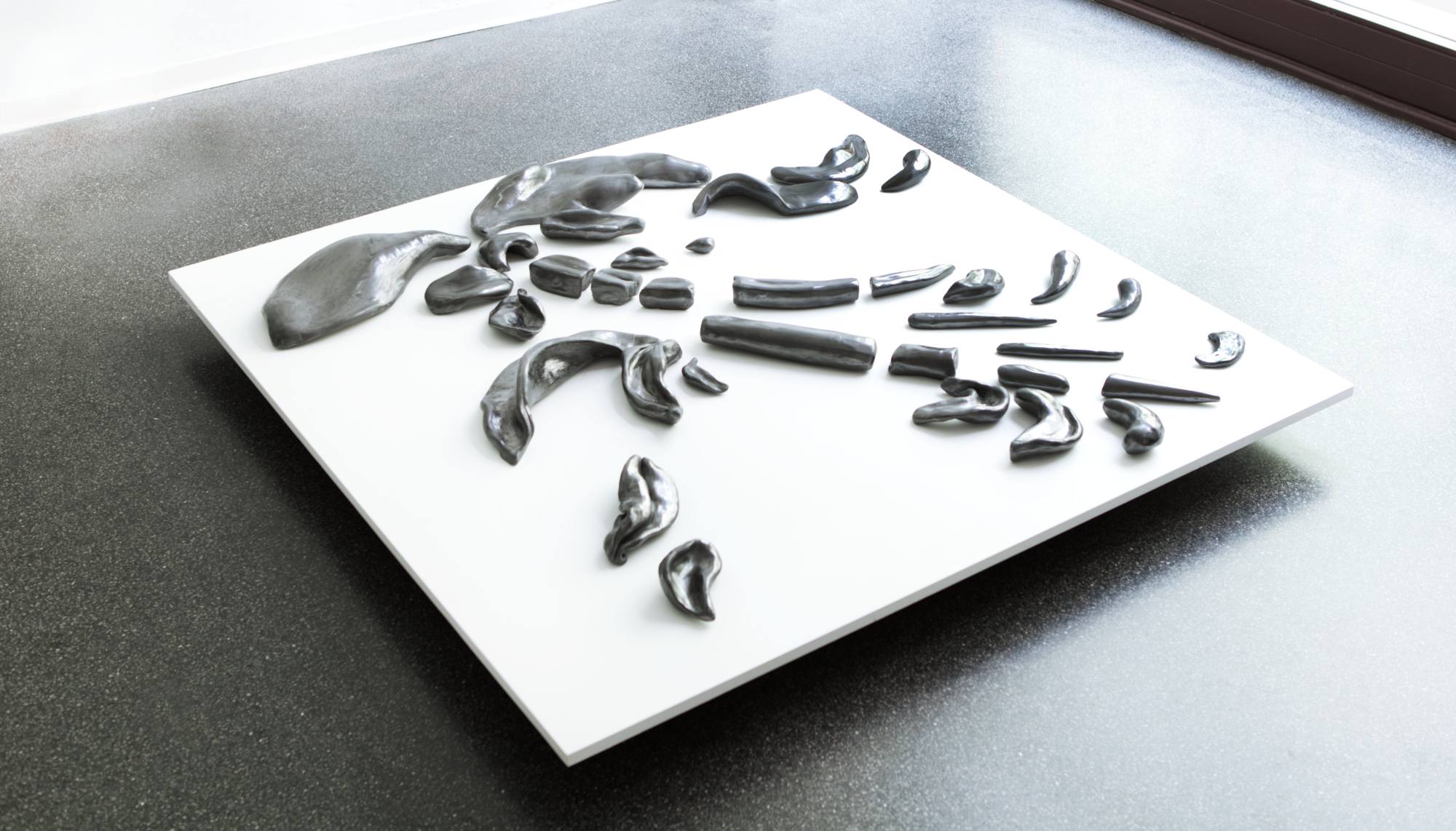
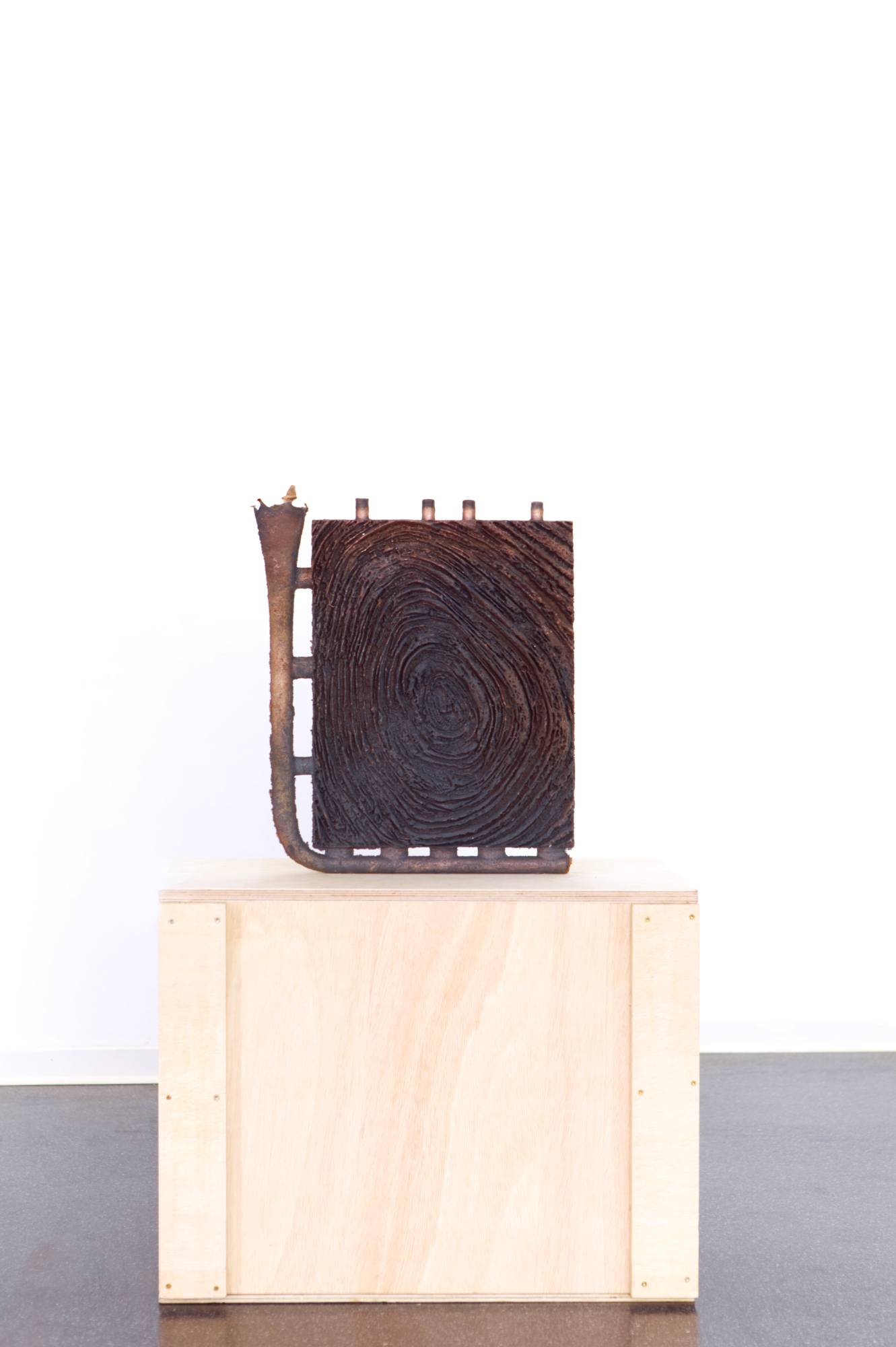
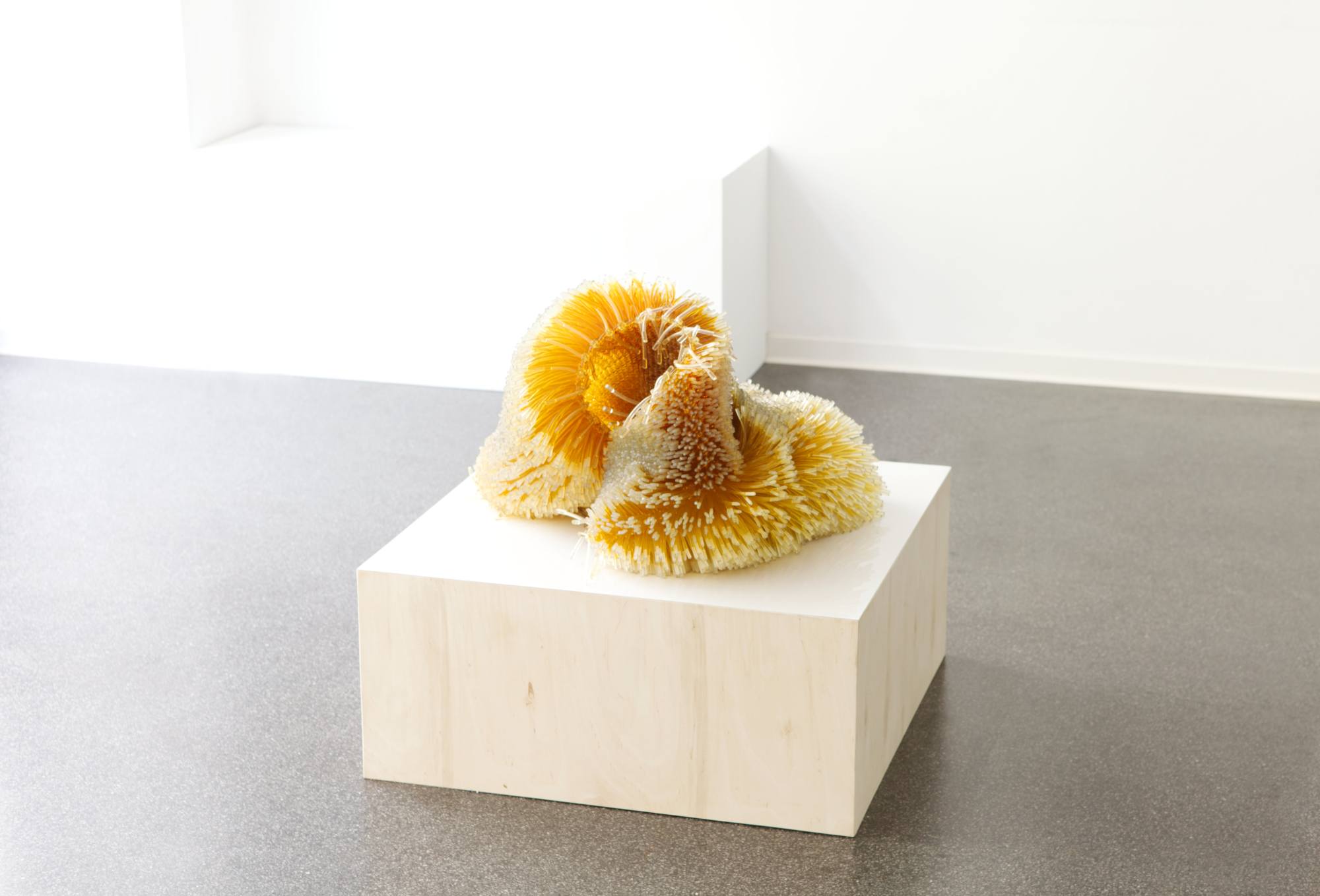
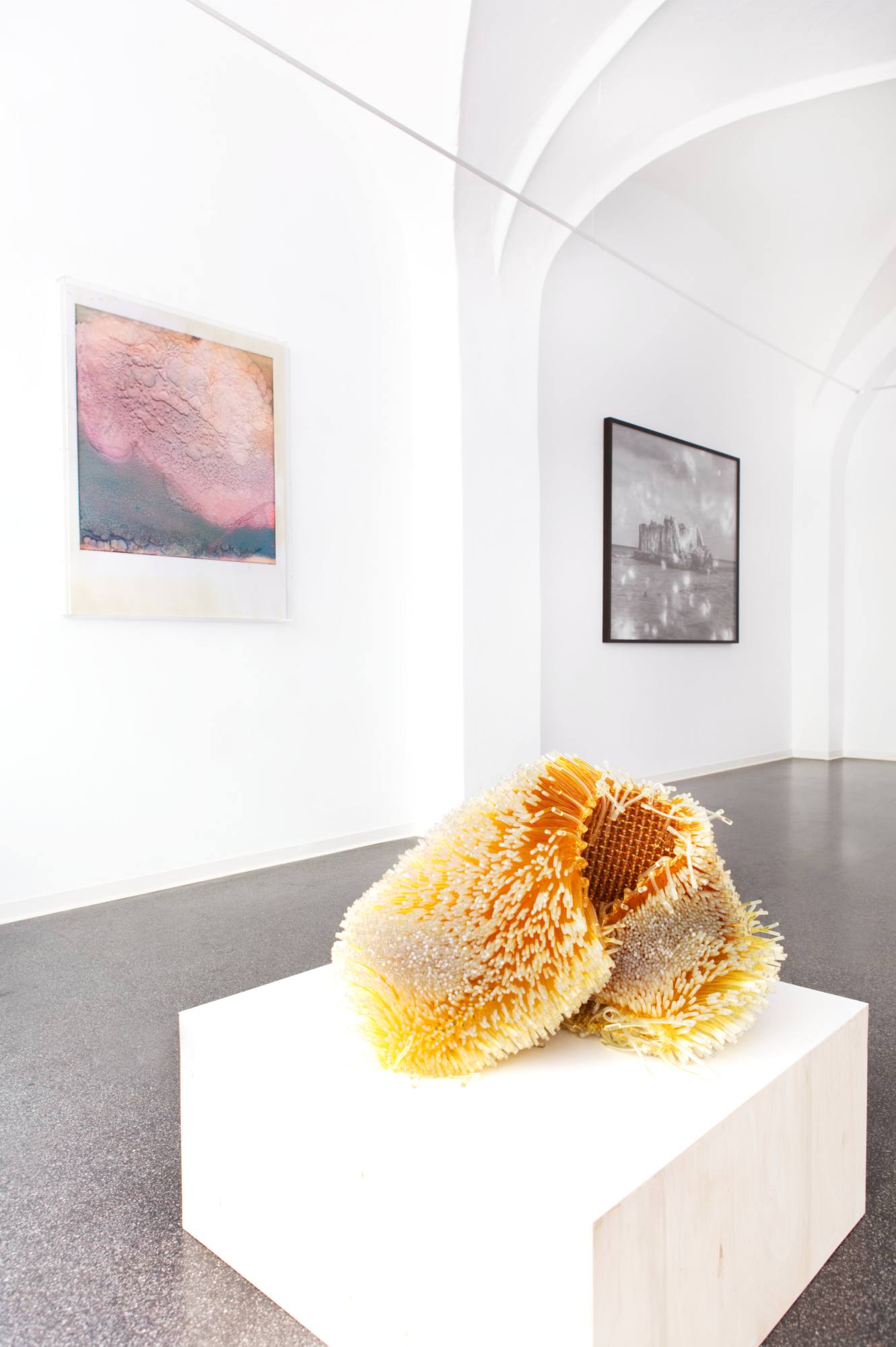
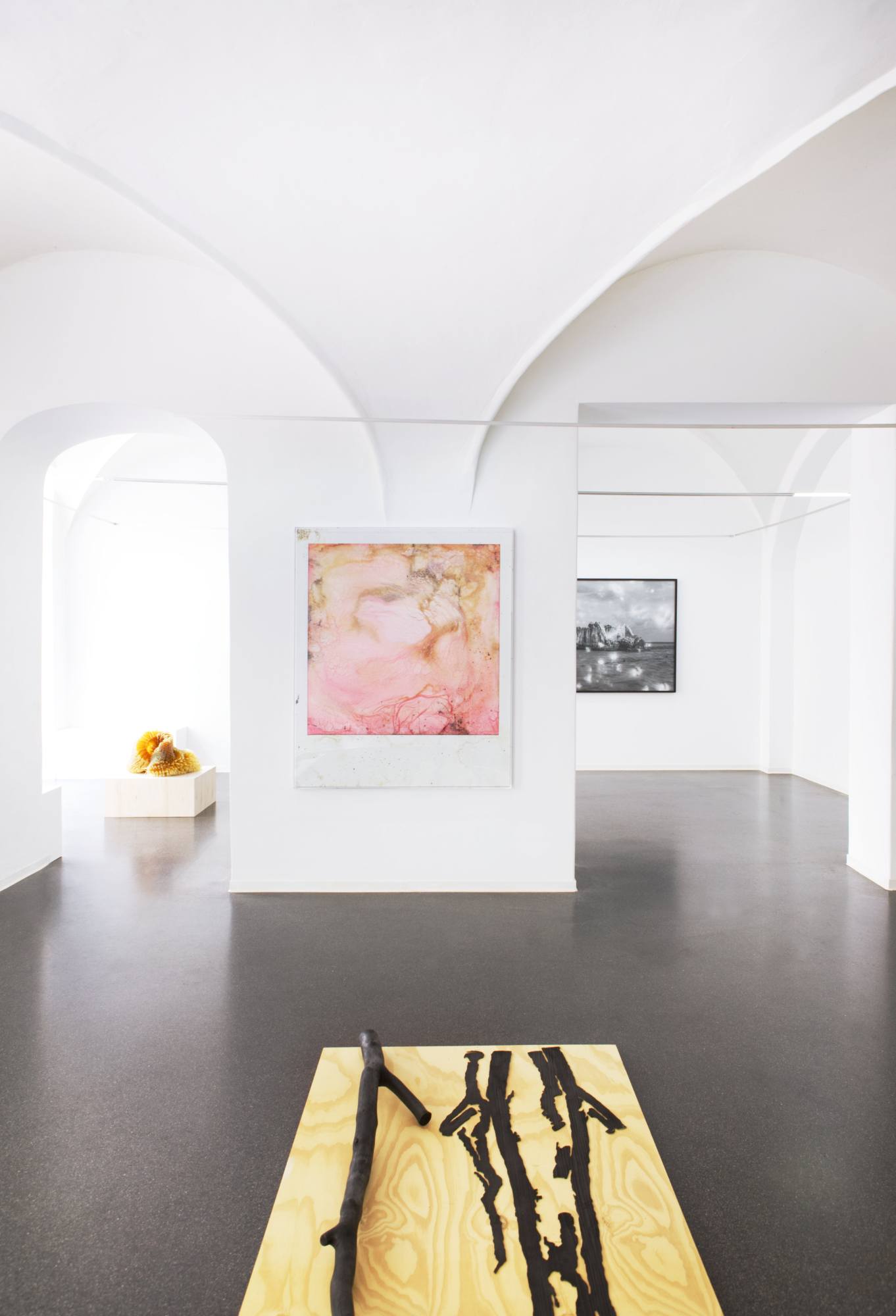
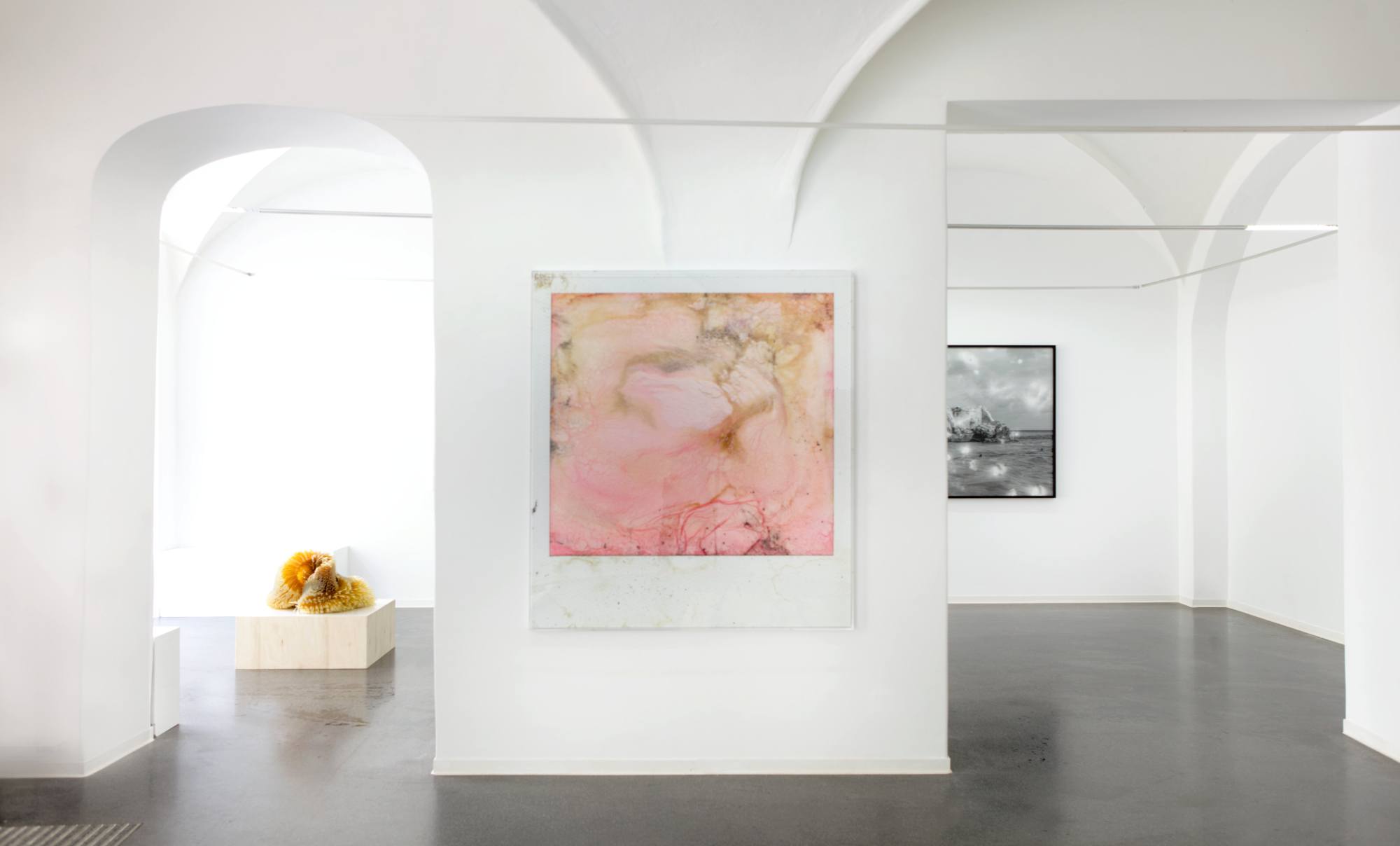
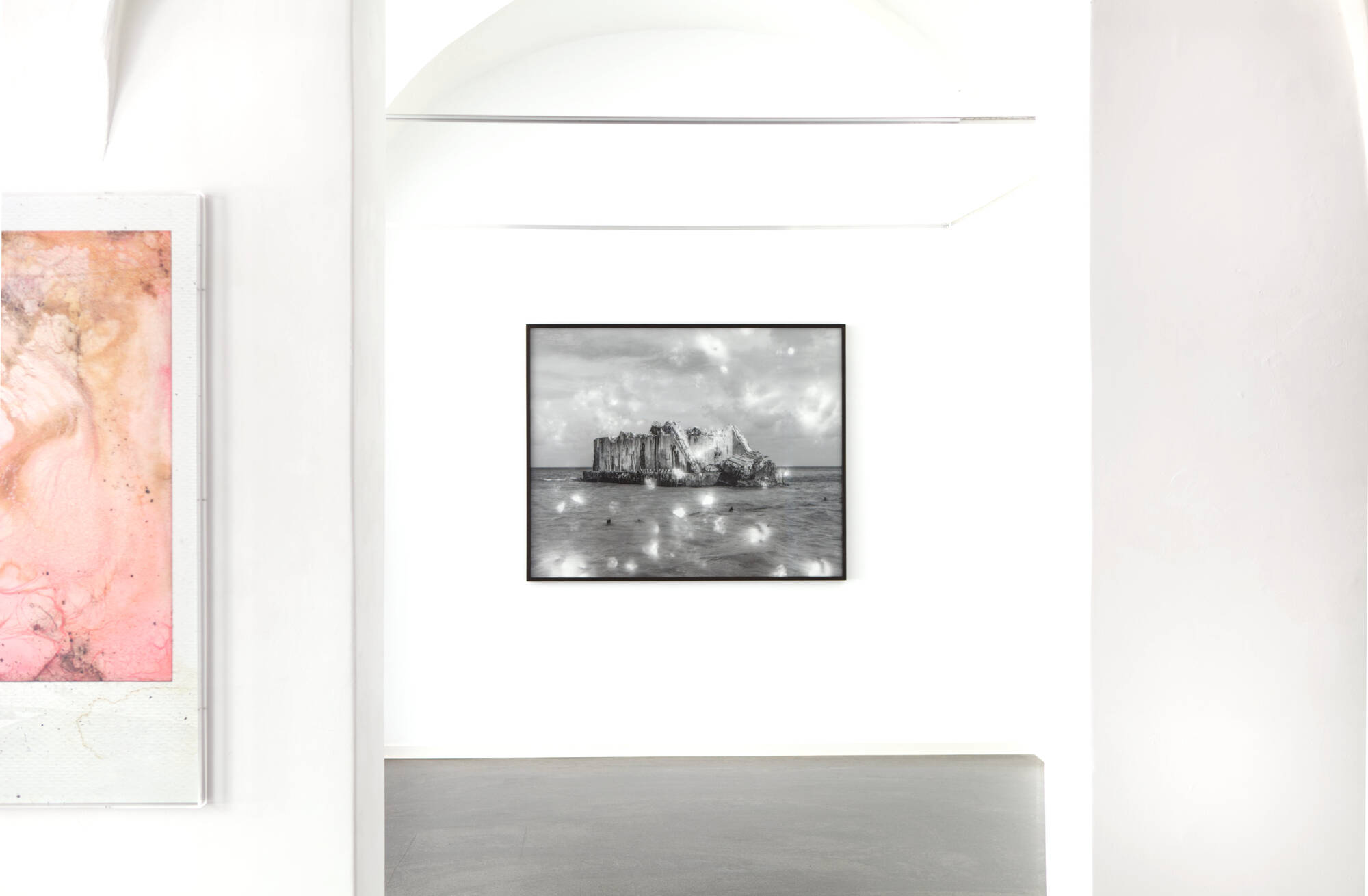
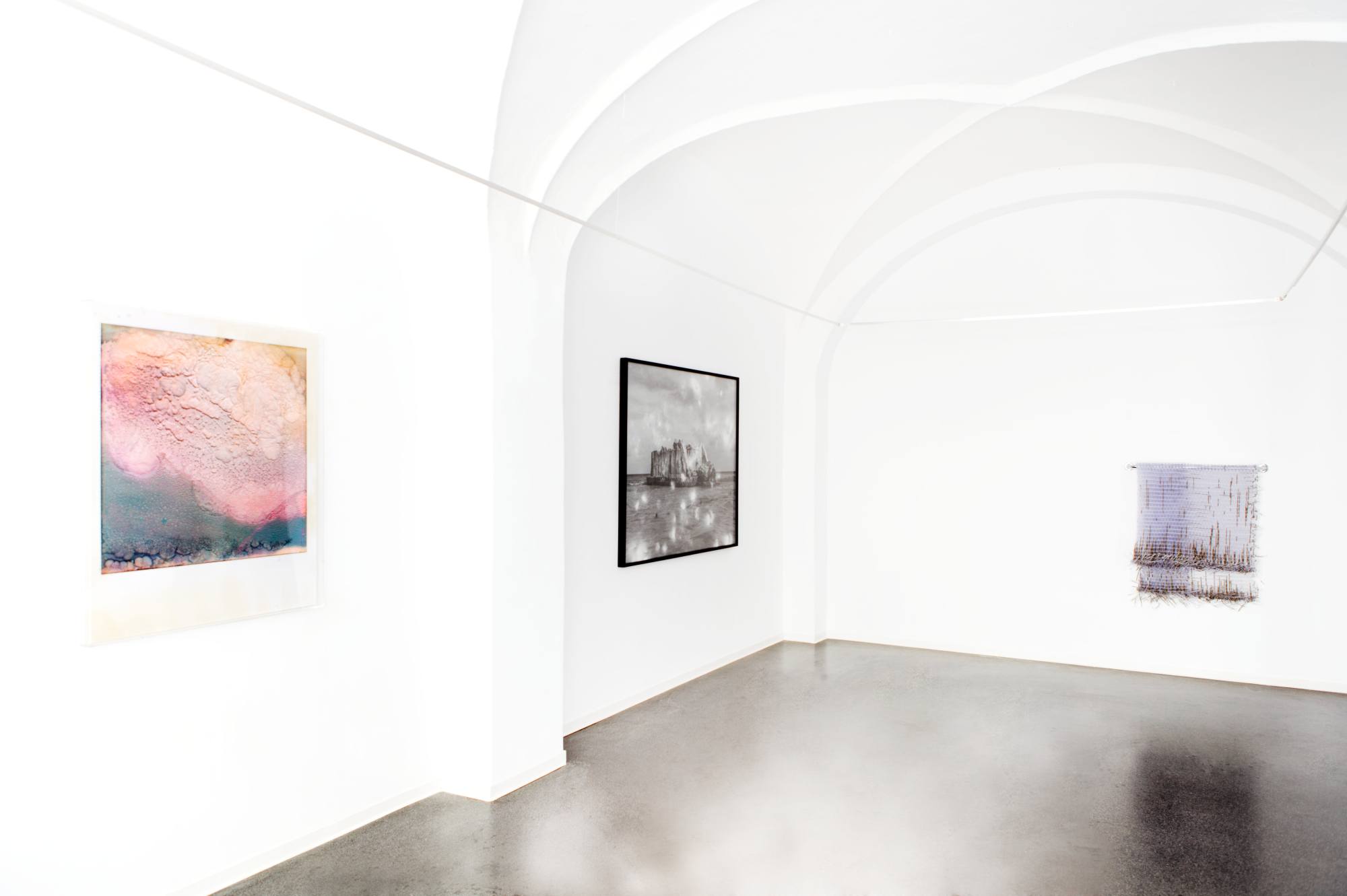
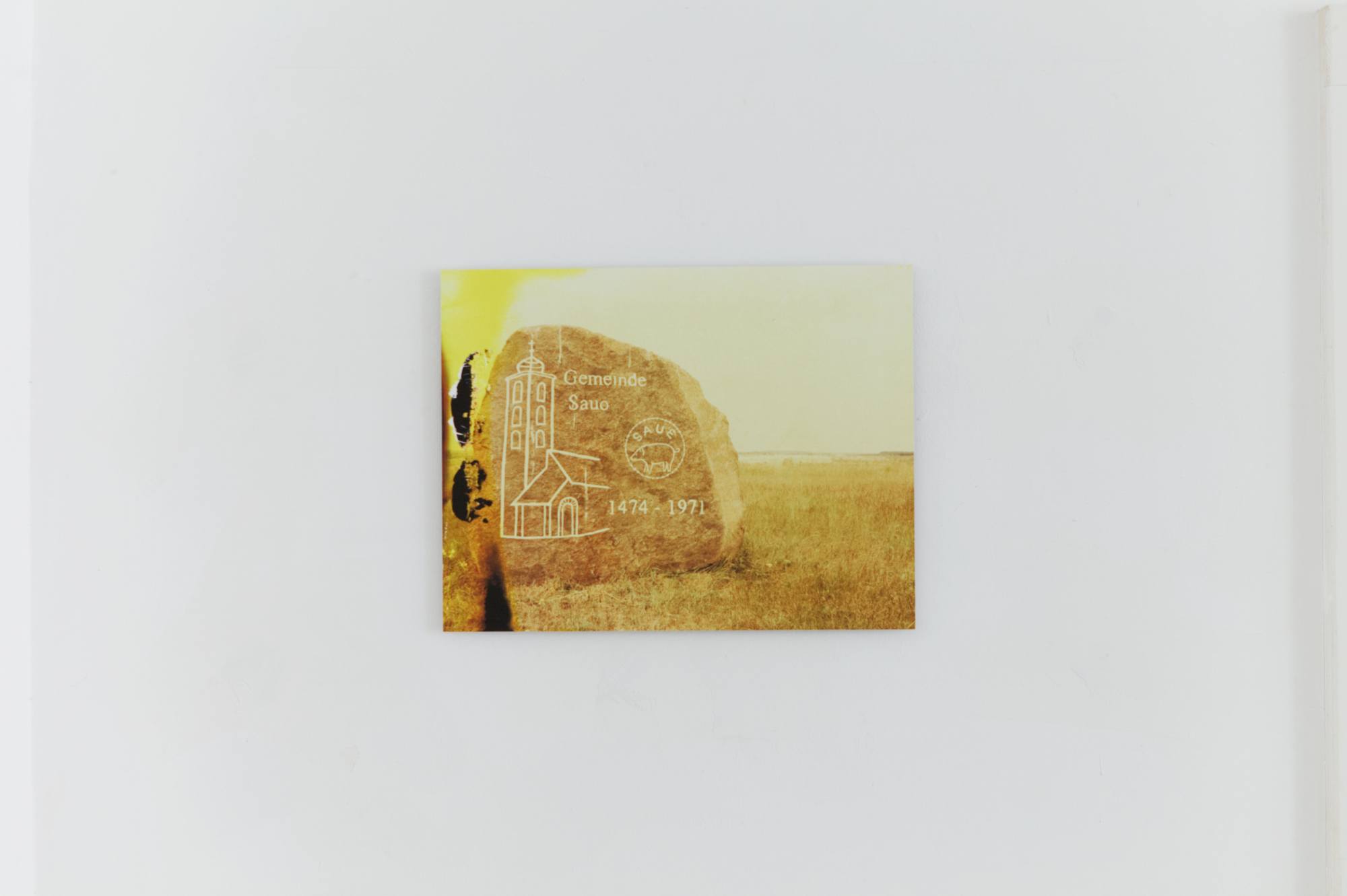
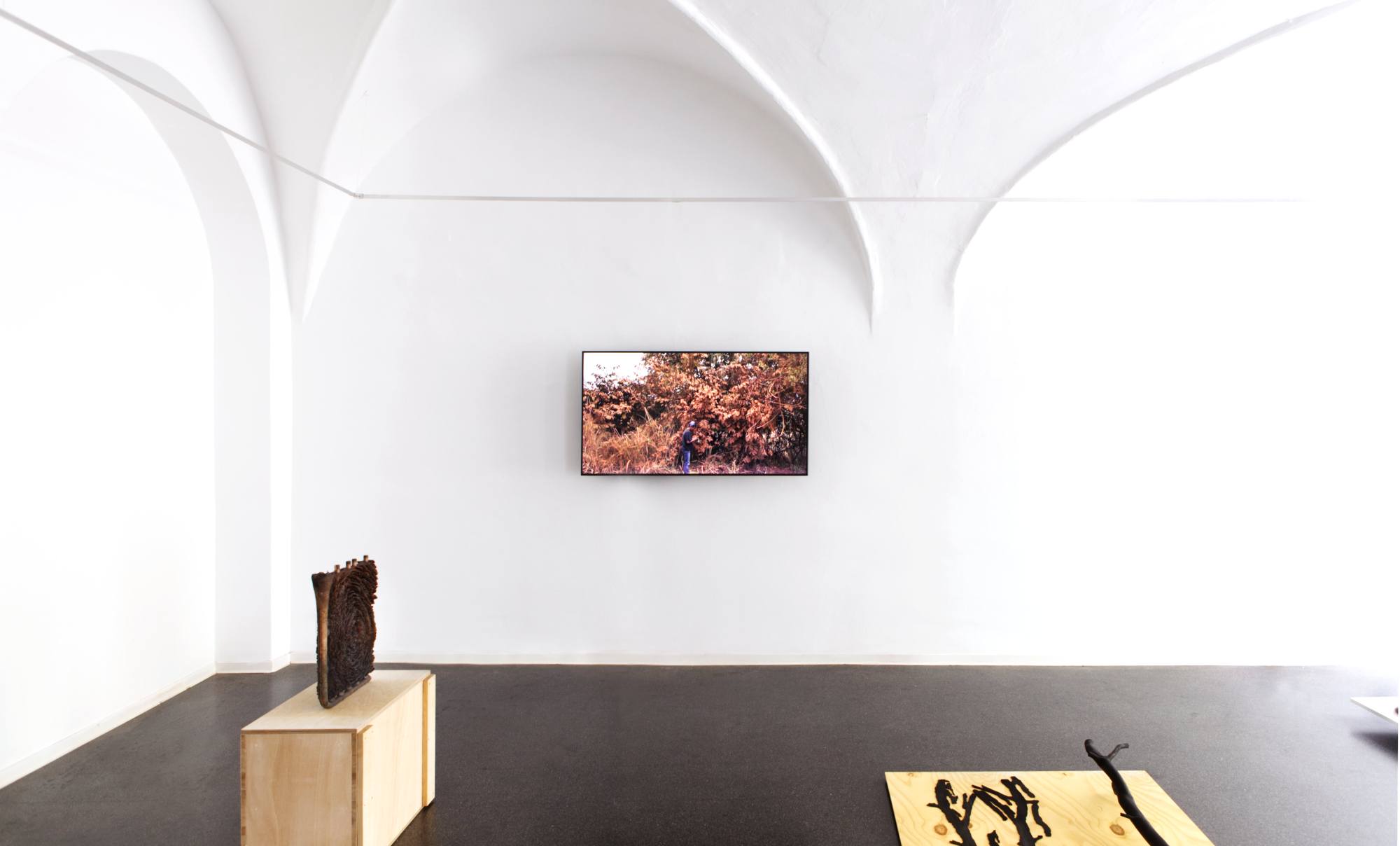
Hort(us Concl)usus is the garden of limited resources. A garden that is used by human beings. In the capitalist paradigm, its practice habitually aims at acceleration and maximisation. Automated processes numb and replace the consciousness of finiteness, shrink time periods and cycles: Start-Up - Growth - Exit is Business as usual.
At the same time, Hort(us Concl)usus recalls a centuries-old symbol: the garden of paradise as a place of longing and a mysterious haven of security, with its untouched nature, peaceful coexistence and harmony with creation.
For more than half a century, it has been known how fragile the thin layer of soil, water and atmosphere that makes life on our planet possible is. The consequences of short-sighted exploitation and plundering of its resources have been researched and clearly named. And yet it seems impossible to overcome the lethargy of users in the global collective. The curse of the old saga of Cassandra thus seems more relevant than ever: her cries are drowned in the noise of alternative news and opinions. Meanwhile, as if there were no tomorrow, man continues to dig, build, rob and leave behind ruins. The destroyed and poisoned landscapes radiate back to the inner man as symptoms and symbols of disconnectedness.
Dr. Almut Hüfler
Julian Charrière (* 1987 in Morges, Switzerland ) combines environment, science and cultural history in his artistic practice. He points out the dead ends of human progress with a clear, unyielding gaze.
Despina Flessa (* 1986 in Athens, Greece ) tells in her works about what happens ( always through man ) under the surface.
Robert Gschwantner (* 1968 in Steyr, Austria )
preserves in his works the results of catastrophic environmental destruction.
Spiros Hadjidjanos (* 1978 in Athens, Greece ) leads us with his works into the paradox of the not-so-new virtual world. Injured or destroyed nature and landscapes are transformed into digital representations and brought back into the physical world through transformation, now in their essence.
Kapwani Kiwanga (* 1978 in Hamilton, Canada ) questions human behaviour with the eye of a trained anthropologist and social scientist and sheds new light on the resulting developments by means of installations, sculptures, sound, videos or performances.
In her work, Marike Schuurman (* 1964 in Groningen, Netherlands ) explores and illuminates human intervention in landscapes and spaces and the resulting changes.
Kunstverein Meissen
Burgstraße 2
D- 01662 Meißen
Web / Social Media
www.kunstverein-meissen.de
IG @kunstverein_meissen
www.frontviews.de
www.hauntberlin.de
IG @frontviews_, @haunt_berlin
related links
